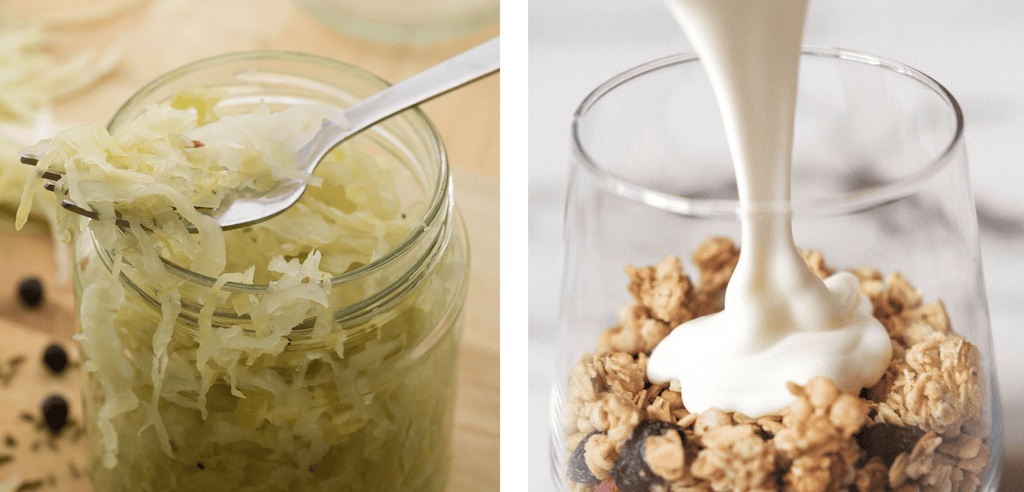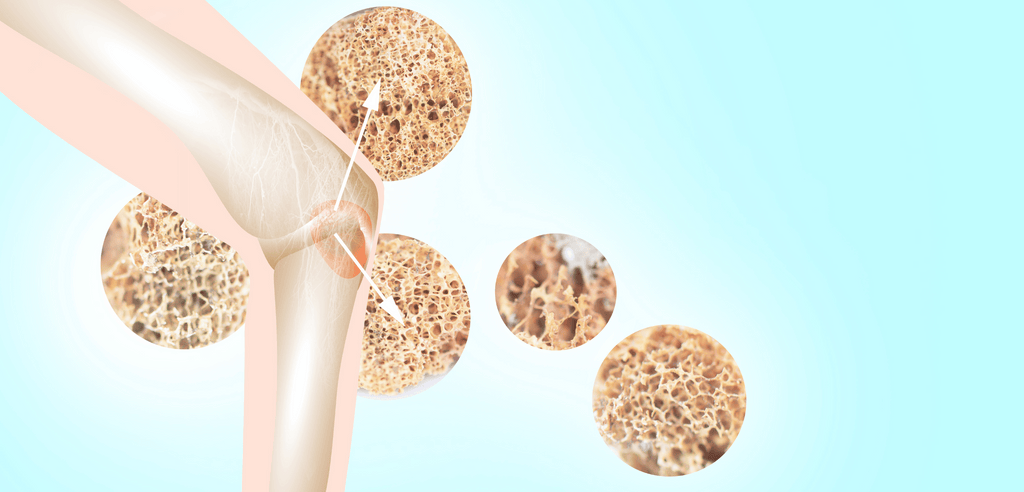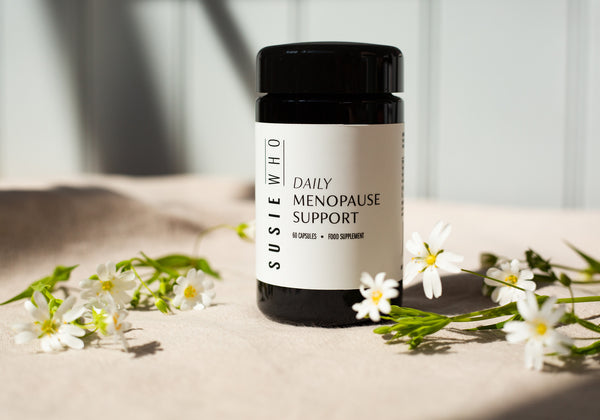Menopause is a natural biological process that marks the end of a woman's reproductive years. During this transition, the body undergoes many changes, including hormonal fluctuations, which can result in a range of physical and emotional symptoms. While some women may experience mild symptoms, others may suffer from severe symptoms that can affect their quality of life. Probiotics are known to be beneficial in supporting women's health during the menopause transition, and here's why.
What Are Probiotics?
Probiotics are live microorganisms that are good for your gut health. They are often referred to as "good bacteria" and can help keep your digestive system functioning properly. Probiotics can be found naturally in some foods, such as yoghurt, kefir, sauerkraut, and kimchi, or taken as supplements.

How Do Probiotics Support Menopause?
As women age and approach menopause, the hormonal changes that occur can have a significant impact on gut health. The decline in oestrogen levels can lead to changes in the gut microbiota, which can result in a range of digestive symptoms, such as bloating, constipation, and diarrhoea. Probiotics can help improve gut health by promoting the growth of beneficial bacteria and reducing harmful bacteria.
Probiotics have also been shown to have an impact on other symptoms associated with menopause, such as hot flushes and mood swings. In a study published in the journal Menopause, women who took a probiotic supplement for 12 weeks experienced a significant reduction in the frequency and severity of hot flushes compared to those who took a placebo. Another study found that women who took a probiotic supplement had lower levels of anxiety and depression compared to those who did not take a probiotic.
In addition, probiotics can support bone health during menopause. As oestrogen levels decline, women are at an increased risk of developing osteoporosis. Probiotics can help increase the absorption of calcium and other minerals needed for bone health, which can help reduce the risk of osteoporosis.

How to choose the right probiotic
Not all probiotics are created equal, and it's important to choose the right one to support your health during menopause. Look for a probiotic that contains a variety of strains, including lactobacillus strains that have been shown to be beneficial in supporting gut health and reducing menopause symptoms.
It's also important to choose a probiotic that has a high colony-forming unit (CFU) count. CFU refers to the number of live bacteria in each dose. The higher the CFU count, the more beneficial bacteria you will be getting in each dose.
Probiotics can be a beneficial addition to your menopause support plan. They can help improve gut health, reduce symptoms such as hot flashes and mood swings, and support bone health. When choosing a probiotic, make sure you look for one that contains a variety of strains and has a high CFU count. As always, it's important to talk to your healthcare provider before starting any new supplement regimen to ensure it is safe for you.
I've included probiotics in my Menopause Support supplement. Find out more about it here.
